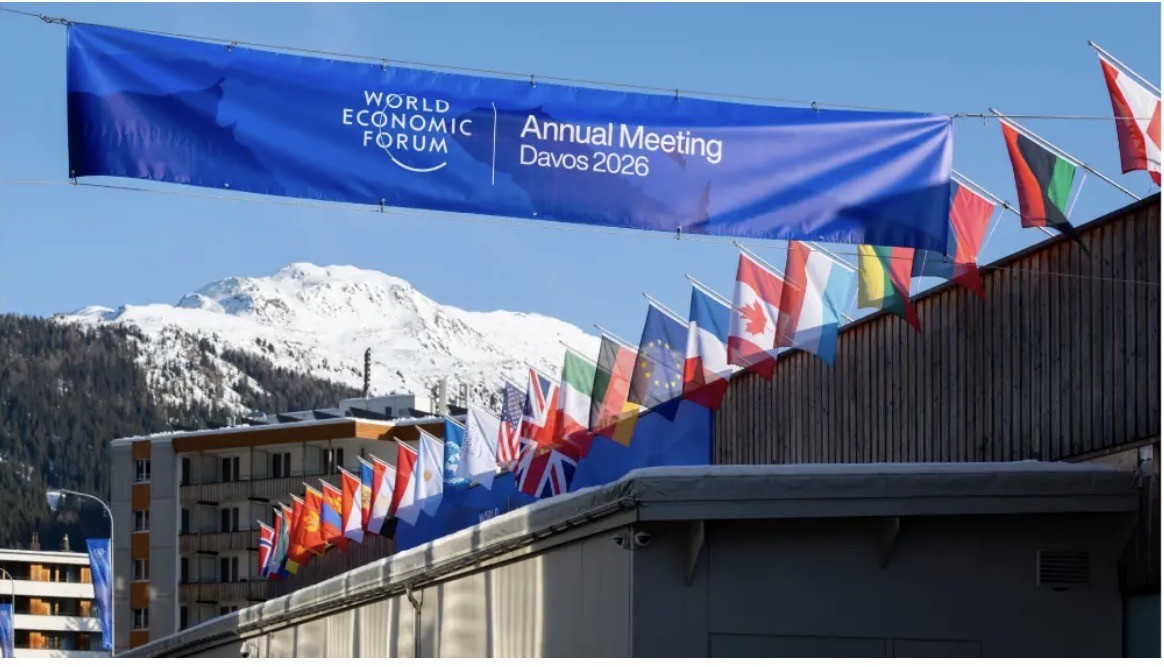India-Thailand Trade Relations: Building on the Past, Marching into a Strengthened Present
These ancient alliances, based on commerce-driven economic ties, were synthesised into a feeling of belongingness due to inherited shared cultural heritages, despite civilizational diversities and geographical distances. Thus, one finds a causal relation, in a sense, strong economic ties in the past, leading to resilient, perseverant, and enhanced economic solidarity in the present. One such example of an ancient economic tie, which finds itself continuously improving in contemporary times, is the trade ties between India and Thailand.
Economic ties between India and Thailand are deeply rooted in the long history of maritime trade in the Bay of Bengal, dating back to around 1500 BCE, as well as cultural exchanges through religion, literature, and language that took place along with trade. Cutting to the present, we still find a vast amount of synergies between the two economies, promoting both inter- and intra-industry trade. The relation between the two is further accelerated with India’s ‘Look East’ policy and Thailand’s ‘Look West’ policy, which subsequently shaped into ‘Act East’ and ‘Act West’ policies, respectively, leading to a consolidation of bilateral relations, including economic and commercial linkages. Courtesy the Act East policy, iconic and leading Indian companies like Tata Steel Thailand, Tata Consultancy Services, Aditya Birla Group, Tech Mahindra, Kirloskar Brothers, among others, now have an active business presence in Thailand. Similarly, leading Thai companies in the fields of agro-processing, construction, automotive, engineering, and banking, like Charoen Pokphand Group, Chia Tai Co., Ltd, The Thai Union Frozen Products PCL, Thai Summit Neel Auto Pvt. Ltd., to name a few, have a growing business presence in India
The vast, highly demand-driven Indian economy provides an exciting playground for the Thai investors, in a plethora of traditional as well as new modern/ non-traditional sectors, ranging from infrastructure, automobile sectors, and agro & food processing to in future-oriented industries, such as renewable energy, electric vehicles, digital technology, robotics, ICT, space technology, biotechnology, creative industry and startups. Thailand is also the fourth-largest trading destination for India in the ASEAN region.
Between 2019 and 2024, the bilateral trade has risen by around 67 percent, from USD 11.3 billion in 2019 to USD 19.07 billion in 2025. In terms of investment, Thailand occupies the 27th position in FDI equity inflows into India with a cumulative FDI amount of USD 1.47 billion from April 2000 to March 2025. Besides, Thailand gains massively from Indian tourism. By mid-June 2025, over one million Indian tourists visited Thailand, which is made possible by coordination between the two nations, as reflected in the ease of visa processing, making India Thailand’s fourth-largest inbound tourism market.
The governments on either side have also been making concerted efforts to ensure comprehensive policy tools for better bilateral economic coordination. For instance, since 2004, an Early Harvest Scheme (EHS), which covers 83 products under the Comprehensive Economic Cooperation Agreement (CECA) framework (which also includes a preferential trade area (PTA) and a protocol for the establishment of a comprehensive free trade area (FTA)), has been significantly contributing to the growth of bilateral trade. Moreover, since 2010, the ASEAN-India Trade in Goods Agreement (AITIGA) has also contributed to enhanced bilateral trade. In April 2025, the leadership of the two nations signed aJoint Declaration on the Establishment of India-Thailand Strategic Partnership, which is a crucial move further intensifying the bilateral economic ties through trade and investment. In the spirit of ensuring regular communication and collaboration, various institutional mechanisms have been established. The relevant ministries of either side have agreed to hold regular meetings and exchanges under the existing mechanism of the Joint Trade Committee, along with ensuring annual meetings of existing mechanisms to promote trade and investment. The meetings also provide a platform for conflict resolution in market access and tapping on the synergies by strengthening linkages to the global supply chain, along with cooperation in harmonization, equivalence, and Mutual Recognition of Standards of mutually agreed areas. As mentioned, the focus on non-traditional, future-oriented industries holds special and growing significance in the bilateral trade ties; thus, the two ministries have also taken up the task to prepare for new areas of trade and investment, like renewable energy, EVs, and ICT, to name a few.
The steady growth in the bilateral ties is not just a result of current interactions, but is the fruit of the historical exchanges of commodities and culture. This showcases a valuable lesson in international economics and diplomacy: the older the ties, the stronger the ties. Sustained investments in enhancing the intensity of commerce and cultural interconnections reap a significantly high rate of returns for the present as well as future generations in terms of consensus-building, regional cooperation, and economic coordination. India and Thailand relations have stood the test of time, and are now harvesting the benefits, while sowing seeds for sustained collaboration in the future. Thus, it is a dynamic model of compounding, where past positive investments reap high positive interests/ benefits, which are further invested for more sustained exponential mutual benefits in the future. After all, sustainability as a concept is equally relevant in International Relations. Now, the future joint prosperity of India-Thailand trade hinges, apart from traditional trade, on coordination in newer areas of trade and investment, while maintaining solidarity in ensuring democratisation of international trade and rule of law, and supporting measures for regional economic cooperation.
Recommended
 Economy
Economy



